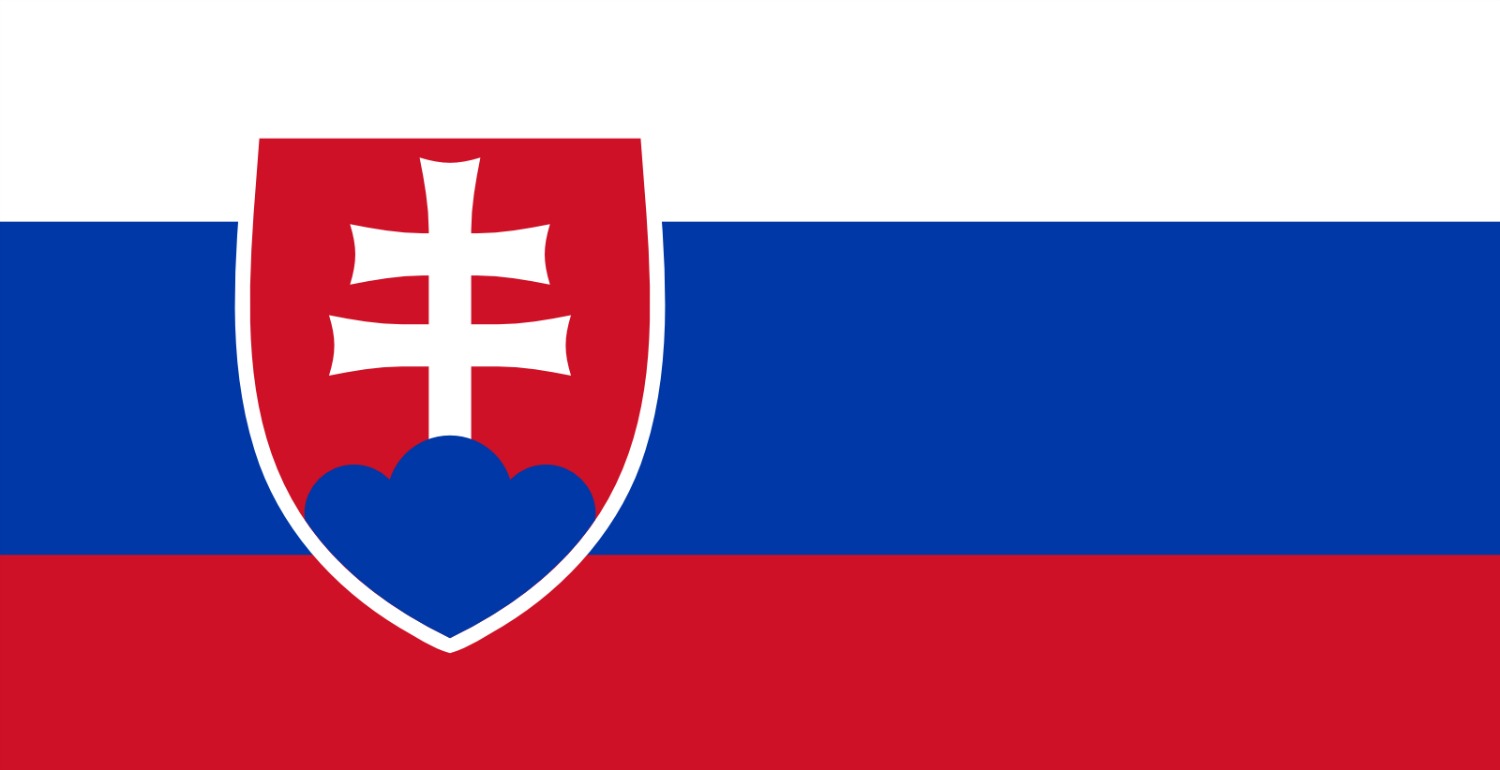Since the ouster of the Meciar regime in 1998, Slovakia has made a remarkable transition to democracy. Once described as “the black hole of Europe,” Slovakia officially became a member of NATO on March 29, 2004 and joined the European Union on May 1, 2004. Most recently, Bratislava hosted the joint summit held by U.S. President George W. Bush and Russian President Vladimir Putin. Moreover, Slovakia has become a voice for fundamental freedoms in its own right.
At the same time, the United States has continued to raise a number of longstanding concerns with Slovakia. The most serious human rights problems in Slovakia are those experienced by members of the Romani minority, who face profound discrimination in most walks of life as well as racially motivated violence.
The Slovak law concerning religion is also problematic, as it contains the most demanding registration scheme in the entire OSCE region.
Due to the discriminatory nature of the current legal structure, new religious communities or groups unable to meet the burdensome numerical requirements are denied rights and privileges afforded to recognized religious groups. At the 2003 OSCE Maastricht Ministerial Council, Slovakia and all other participating States pledged to “ensure and facilitate” the free practice of religion or belief “alone or in community with others . . . through transparent and non-discriminatory laws, regulations, practices and policies.” In light of this and other OSCE commitments, it is hoped Slovakia will amend the registration system and eliminate the numerical threshold.







